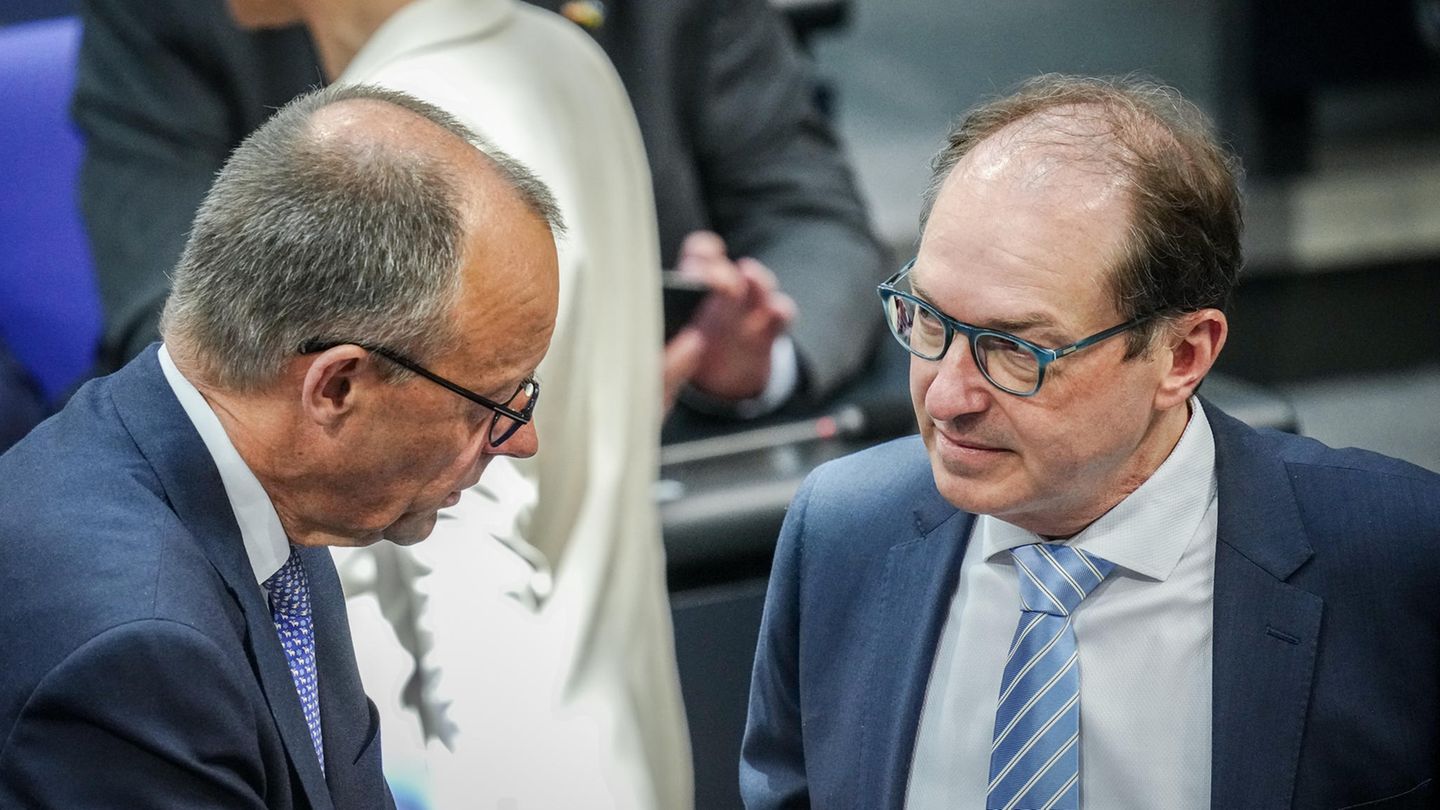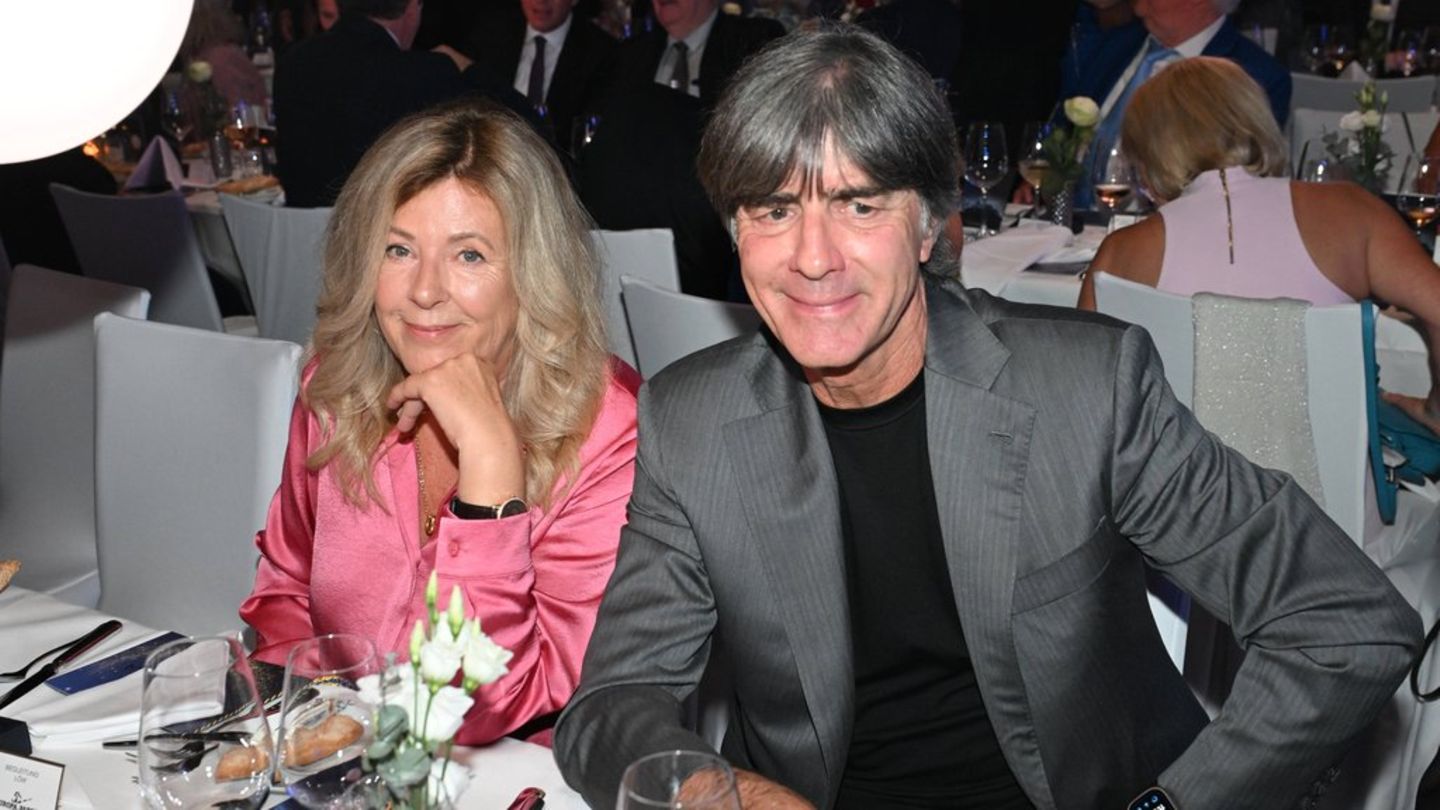column
Alexander Dobrindt wants to deport refugees from Ukraine who have not found a job in Germany. The Union is trying to combat right-wing competition through rapprochement – and is overlooking something crucial.
Alexander Dobrindt can be different too. Friendly to deal with, a clever analyst and occasionally with a gentle sense of humor. Many journalists, but also political opponents, have found the CSU man to be a pleasant person over the years, to their surprise.
Andrea Nahles and Dobrindt, both of whom were general secretaries of their parties at the same time, got on almost as well as being friends. And when things got difficult with money in the last black-red government, it was common practice for Finance Minister Olaf Scholz and CSU regional group leader Dobrindt to withdraw from the coalition committee to negotiate a solution.
But Dobrindt is also one of those politicians who can turn up the volume as brutally as possible, as if with a regulator. The Christian Social Democrat has now demonstrated this again with his demand that Ukrainian refugees who do not work should no longer receive citizen’s allowance, but should travel to “safe areas of western Ukraine”. Dobrindt does not care if he appears cruel and unchristian with such moves. His time as CSU General Secretary from 2009 to 2013 has hardened him.
Which parts of Ukraine does Alexander Dobrindt consider safe?
It is the privilege of an opposition politician that he does not have to think his political ideas through to the end. He can just talk, especially when the high points of his political career are behind him. Nevertheless, one would of course like to know from Dobrindt how he would push forward his request to offer every refugee work – on this point he certainly has a point, but unfortunately no solution.
One would also like to know which parts of Ukraine he considers safe and which not: how many air raids does a member of parliament from idyllic Upper Bavaria, where the only time a bang happens is when the goats are cracked, consider acceptable? And last but not least, it would be interesting to know whether Dobrindt wants non-working Ukrainians, many of them women with children, to simply starve to death without a citizen’s allowance, or whether he wants to pick them up at night and deport them across the border in buses. In keeping with the motto: never to be seen again by friends? But it would take a lot of football tournaments to compensate for this damage to the image.
Dobrindt’s proposal is obvious nonsense. But it shows, as do statements from the CDU, that the Union wants to fight political competition from the right by appealing to its voters. Markus Söder tried this in 2018 in the refugee dispute with Angela Merkel, managed to save his office as prime minister with the help of Aiwanger in the state elections in Bavaria, and later spoke of it as a strategic mistake.
Union could lose credibility
Now the ranting about Ukrainians, who are known to be in Germany “especially because of the citizen’s allowance,” as CDU politician Steffen Bilger says, is apparently intended to signal to AfD and Wagenknecht voters that their discontent is being taken seriously. But Dobrindt and his associates overlook the fact that the protest is not directed against individual consequences of German support for Ukraine, but against this support as a whole.
The Union, led by Friedrich Merz, always and rightly proclaims that Europe and its values are being defended in Ukraine. A Union that simultaneously takes out on the Ukrainians in Germany that the war and its costs are getting on their nerves is falling into a credibility trap that can snap shut very quickly.
All episodes of the column “Fried – View from Berlin” can be found here.
Source: Stern
I have been working in the news industry for over 6 years, first as a reporter and now as an editor. I have covered politics extensively, and my work has appeared in major newspapers and online news outlets around the world. In addition to my writing, I also contribute regularly to 24 Hours World.




